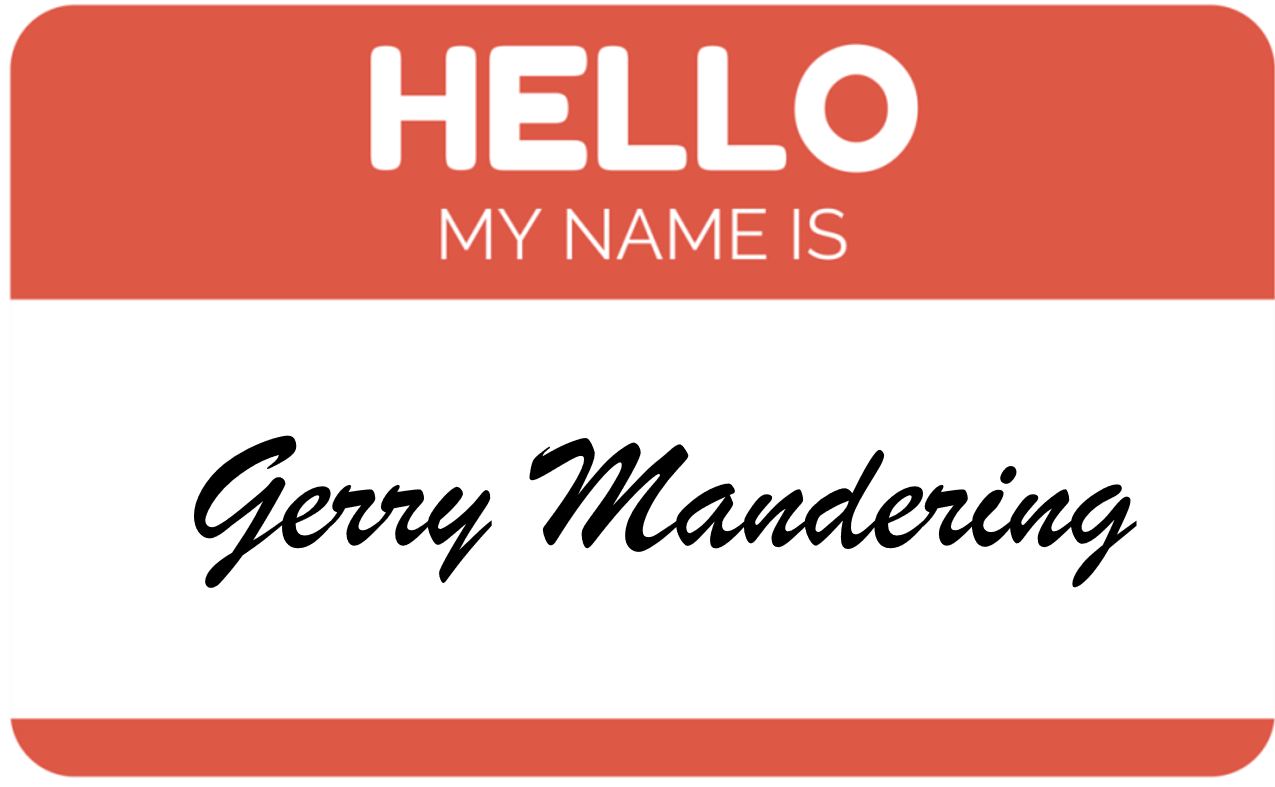US Courts mess with political power daily, so this is probably little more than a hiccup. But the US Supreme court just said it wouldn’t interfere in State level issues with gerrymandered districts. At least for today, this is not their job.
“We have no commission to allocate political power and influence in the absence of a constitutional directive or legal standards to guide us in the exercise of such authority,” wrote Chief Justice John G. Roberts, Jr.
Congress and state legislatures are left to decide which is the right answer. But you must admit it’s a lot like leaving politicians in charge of determining campaign finance laws that (always manage to) advantage incumbents over challengers and suppress free speech. SCOTUS, thankfully, has a role there.
And while redrawing districts into fun shapes that guarantee a preferred political outcome protects a party preference, it’s still possible for someone else to run from that same party in that disgorged small-intestine shaped thing known as Congressional District X. Like, say, Alexandria Ocasio-Cortez.
Lazy Democrat politicians in fixed districts need to mind their Marx and Hegel. The same is true for those Republican worms. In either case, the Majority decided today that this was a problem for states or Congress, not the judiciary.
Hello, My Name is Gerry Mandering
A more critical point to this ruling at least in my mind was the 5-4 ideological gerrymander. For context, we’ve seen a lot of “aisle crossing” this time around. Kagen and Gorsuch have a thing where they agree; with Kagen leaning toward the center more than not. Kavanaugh and Gorsuch have been on opposing sides as well as together against the more traditional conservatives. It’s been interesting. But not here.
The (for lack of a better term) conservative justices all voted in support of not being empowered by the Constitution to interfere in this matter. The (again for lack of a better term) Liberal Justices felt that the court had an obligation to intervene.
The four Democrat-appointed justices would have ruled partisan gerrymandering a violation of constitutional rights, saying the courts should have stepped in to place a check on politicians drafting electoral maps favorable to themselves.
“They encouraged a politics of polarization and dysfunction. If left unchecked, gerrymanders like the ones here may irreparably damage our system of government,” wrote Justice Elena Kagan in the dissent
I bet we could come up with a few instances of Supreme Court dysfunction that irreparably damaged our system of government, so Kagen’s dissent needs a little sugar to get it down. But does it make her wrong? State courts have found ‘adequate injury’ to warrant judicial interference. And you’d be hard pressed to find anyone with any awareness of the issue (anywhere) who thinks the process works except to the advantage of the folks deciding where to draw the lines.
But was it ever meant to be (could it be) anything else?
Claiming it is not the role of the Courts was the correct step. But we shouldn’t expect the state’s do any better of a job because of people and power.
Now if we could get Chief Justice Roberts to write “it is not the role of the Courts” on some post-it notes (maybe a few thousand) and stick them all over the place, the Constitutional Republic might have some hope of being saved.
